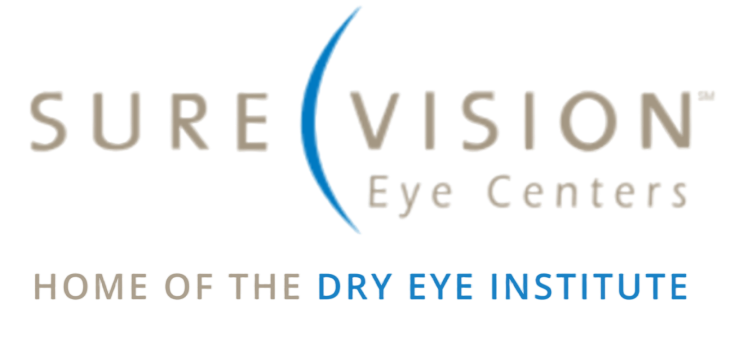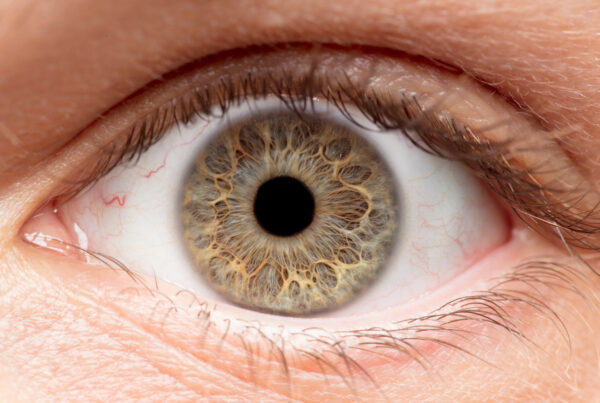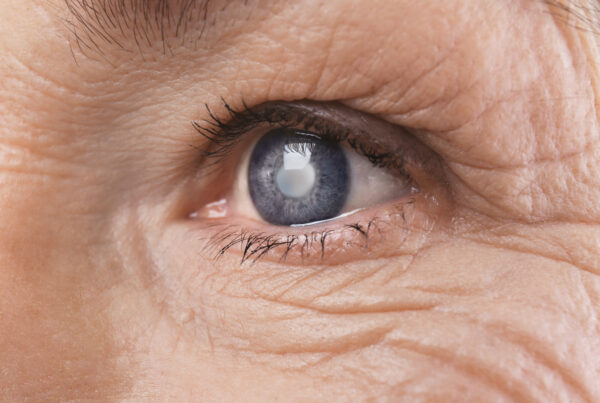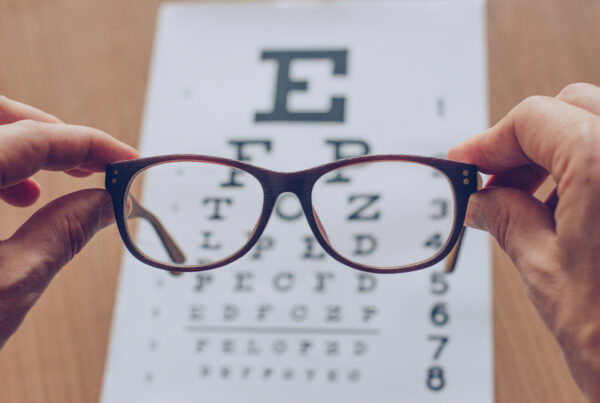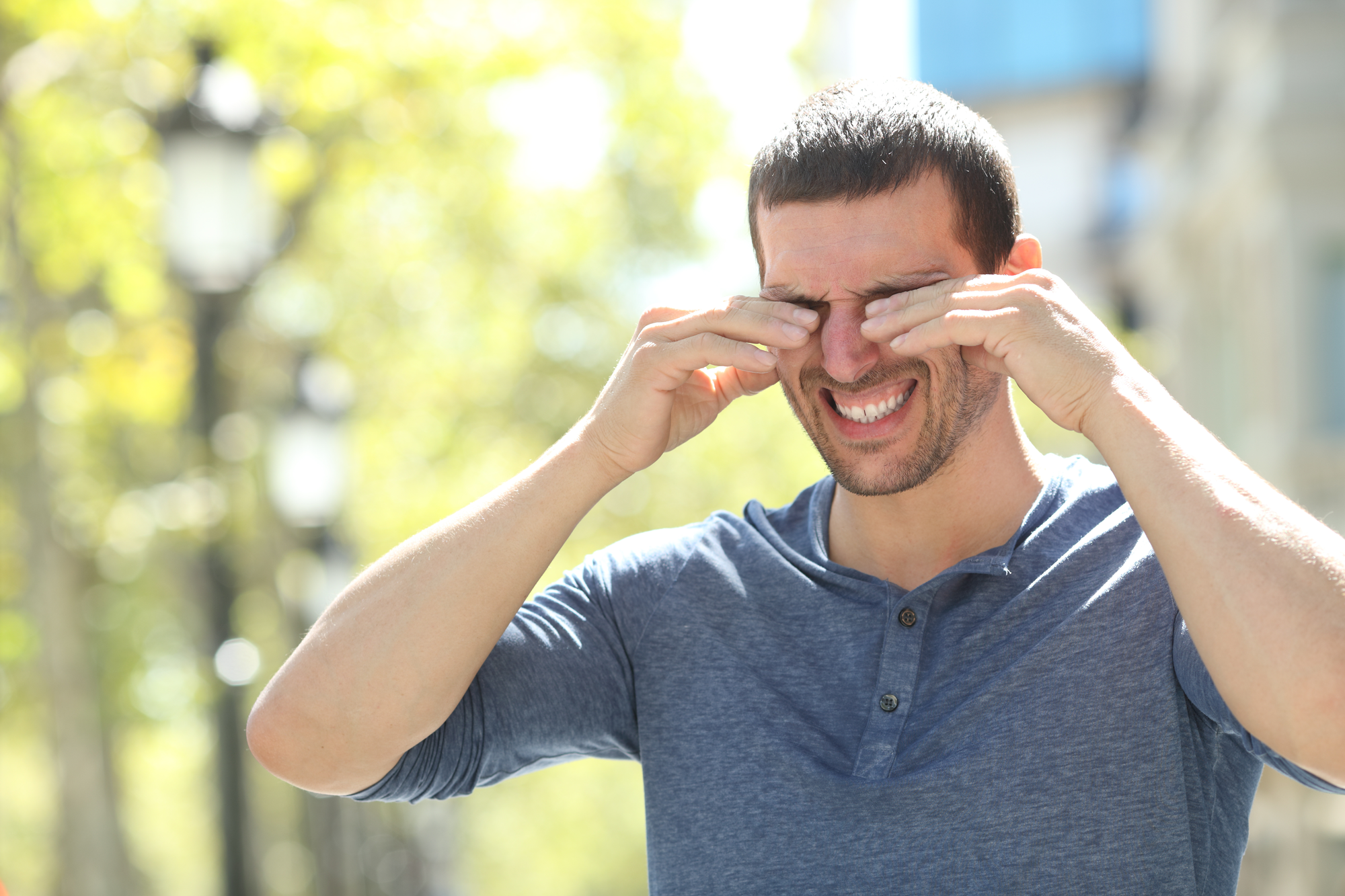
What is it about Springtime in Saint Louis that makes all the eyes itch? Well, everyone knows it’s the “Allergy Capital of the Midwest.” Allergies = Itching. It’s not arithmetic, but it is something we all learn at a young age. Your eyes get watery, itching, and red. Your nose gets congested and drippy. You sneeze all over the place. You don’t need to listen to the weatherpersons tell you that the pollen or mold count is high, you’re living it!
If you understand the process that causes the itching, you can learn how to control it. The skin that covers the outside of your eyeball and the inside of your eyelids is called the conjunctiva. It’s considered a mucus membrane, just like the lining of your nose, your sinuses, your mouth, and your throat. All the things that make mucus. They’re the moist surfaces of your body that are in contact with the air around you and going in and out of you.
Some of the cells on those surfaces are called mast cells. I keep thinking that there must have been a Dr. Mast in the 1800’s who discovered them, and named them after himself. I really don’t have a clue why they are called mast cells, but they are. (It was Paul Ehrlich who is credited for discovering them in 1877, so maybe they should have been called Ehrlich Cells.) And mast cells make little granules that stay inside them, until something irritates the wall of the cell. When that happens, the mast cells spit out the granules. The granules contain histamine, a chemical that is supposed to help protect you. It makes the blood vessels expand so everything looks more red. It makes tearing in your eyes, mucus in your nose and throat, all to wash away what is irritating the cell walls. It makes the itching and the sneezing, so you rub away or sneeze away what is causing the irritation. It may seem like it should be a good thing but it sure is annoying!
So how do you stop the annoyance? Move to Arizona, or Alaska, or someplace that doesn’t have pollen, mold and all the other things that cause your allergies. OK, so that doesn’t work for me either. I live in St. Louis. Some people just spend their life in air-conditioned rooms with special allergy air filters. If you can live like that, so be it. I have to cut the grass each week.
Athletes know that when their joints get red, swollen, and sore, it feels better to use ice or a cold compress. That can help your itchy eyes, too. But you can’t walk around and go to work with ice bags on your eyes. You’ll get bags on your eyes when you get really old, but now isn’t the time for that.
As you read a few paragraphs up, the problem starts with mast cells releasing histamine. So certainly, one treatment is to use medications called antihistamine. Duh! Another group of medications is called mast cell stabilizers. These stop the cells from releasing the histamine in the first place. These are very safe to use, and several are available over-the-counter. Some are combination antihistamine/mast cell stabilizer. Best of both worlds! Some popular ones commonly available are: alcaftadine (Lastacaft), azelastine (Optivar), bepotastine (Bepreve), cromolyn (Crolom), emadastine (Emadine), epinastine (Elestat), ketotifen (Zaditor or Alaway or Zyrtec), lodoxamine (Alomide), naphazoline/pheniramine (Naphcon A or Opcon-A), nedocromil (Alocril), olopatadine (Patanol or Pataday or Pazeo) and pemirolast (Alamast). Lots of allergy sufferers! Lots of choices!
Those stop the release or block the histamine. Another way to treat allergies is to stop the inflammatory effects of the histamine. The medications that do that are corticosteroids, or non-steroidal anti-inflammatory (NSAIDs) medication. Corticosteroids are the most powerful way to stop allergy symptoms, but they have significant side effects that can make it risky to use them a lot, or for a long time. The NSAIDs are not quite as potent but have none of those risky side effects. These are generally prescription medications, so you should speak with your eye doctor about whether these would be a safe choice for you to use for more severe allergy eye problems that are not treated adequately by the over-the-counter choices.
As a last word to you allergy sufferers, the oral allergy medications that you take to dry up your runny nose and throat, also dry up your eyes. If you suffer from a dry eye condition to begin with, these medications can make your dry eyes worse. Remember that we at SureVision Eye Centers and The Dry Eye Institute are here to help you get over these problems through our dry eye treatments, in the safest, most effective way.
